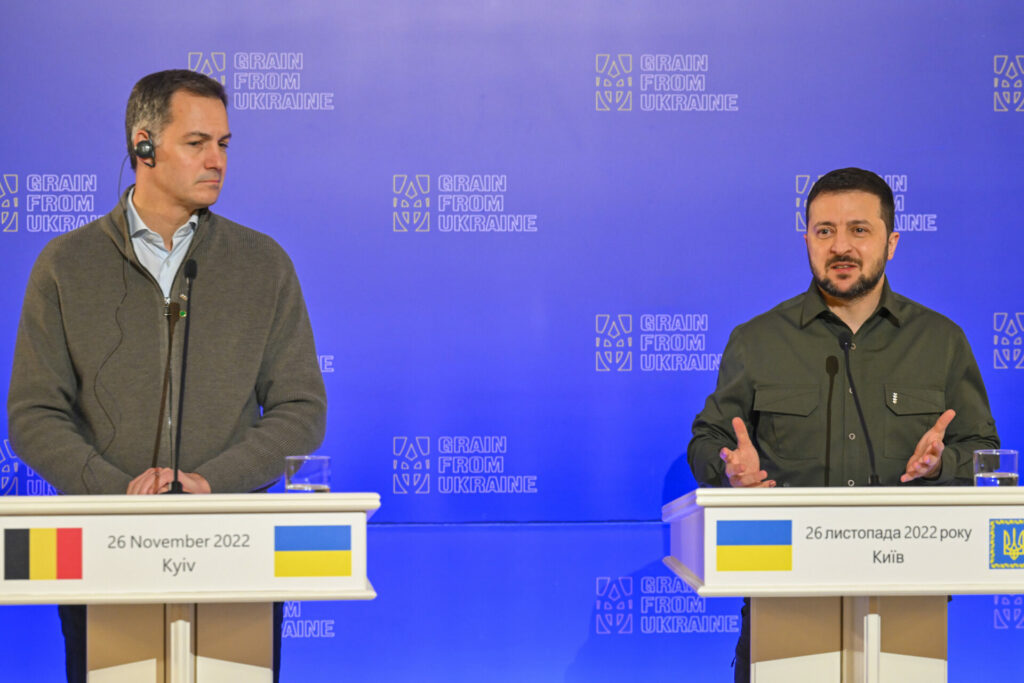As many as 74% of Belgians want the Federal Government to continue aiding Ukraine in the war against Russia's invading forces, according to the findings of the Grand Barometer survey. However, there appears to be less support for sanctions against Russia, especially in French-speaking Belgium, due to the impact on food and energy prices.
At the start of the invasion, Russian President Vladimir Putin was hedging his bets on a swift Russian victory in Ukraine, believing that the 'cultural, spiritual, and economic ties' between both nations would result in few Ukrainians opposing the invasion – as claimed in a pre-invasion speech.
Furthermore, he was convinced that Russia's role as Europe's primary gas supplier would cause the continent's solidarity with the Ukrainian retort to wane by the time winter arrived, as politicians would be forced to cave to citizens' demands for lower energy costs.
EU Member States, though, have held out for the time being, boosted by the successes of the Ukrainian army – and the international support it receives – which has lasted far longer than most expected.
This continued show of support and solidarity for the Ukrainian war effort has also spread to Belgian citizens, according to the Grand Barometer survey conducted by Ipsos at the behest of Le Soir, RTL, Het Laatste Nieuws and VTM.
Their findings showed that 74% of Belgians surveyed believed that the Federal Government should continue aiding Ukraine until all Russian troops have withdrawn from the country, with a further 34% believing that NATO should intervene militarily on Ukrainian soil.
Related News
- French-speaking Belgians tighten belts for end-of-years gifts
- Alexander de Croo ranked most popular politician in Brussels
- G7 and allies approve cap on Russian oil prices
That being said, what most Belgians seem to desire is for the war to be resolved quickly, with 80% of respondents believing that both warring nations should go to the negotiation table. This could be interpreted as expression of a growing frustration among the general public who are tired of the knock-on effect of the war on their everyday life.
For example, 41% of Walloon respondents and 37% from Brussels did not see these sanctions as worth the resulting higher food and energy prices.
In comparison, only 22% of those in Flanders were of the same opinion. When asked by Le Soir to explain these regional differences, the political expert Pascal Delwit put this down to two different factors.
Firstly, he argued that anti-Americanism and distrust of NATO was less prevalent among the Flemish left-wing than in French-speaking parts of Belgium.
Secondly, he explained that Walloons and those living in the capital had borne the brunt of Russian sanctions, as energy prices had risen higher in Wallonia and Brussels then in Flanders.
On the other hand, Wallonia and Brussels also have some of the poorest municipalities in the country, and may be less well-equipped to deal with the economic fallout of the war.

